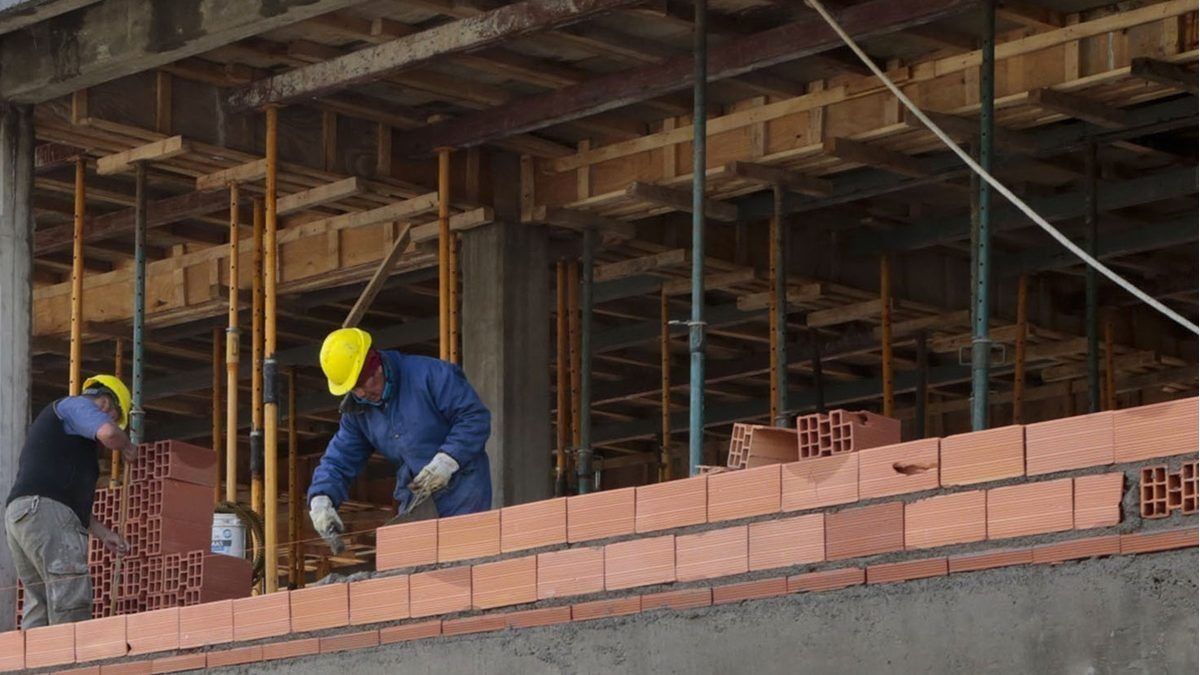The Construction Workers Union (UOCRA) warned this Friday that since December 31, 2023, more than 80,000 jobs have been lost in the sector, among other aspects due to the brake on public works. about the prevailing problems that the sector is going through, due to massive layoffs and the endless negotiation with business chambers in search of a salary increase.
In this context, the union indicated that “since the month of July in which we registered 440,000 workers started a decline in the number of jobs. To the December 31, 2023 it was 11%; in January it went to 18% and in February 20%that is, more than 80,000 jobs lost.”
“These 360,000 with which we began March will continue to fall given that none of the causes that motivated the fall have been reversed. Even in large works, a significant number remained in the plant due to the figure of suspension, a situation that ceased during March,” they noted.
And they added: “Those 80,000 positions are closely related to those occupied in public worksgiven that historically around 25% of jobs are related to works financed by the central public sector and the provinces.”
Likewise, they indicated that “given the government decisions NOT to PAY a peso of national work certificates, not even those financed by International Organizations, and to stop transferring funds to the provinces through shared financing agreements, this extremely extremely situation occurred. I would be”.
Which are the most affected provinces
In the smaller provinces, very dependent on social housing works and other public works, they are the most affected: Chaco, Chubut, Corrientes, Entre Ríos, Formosa, La Rioja, San Luis, Santiago del Esterowhile those jurisdictions in which private works have more relevance have suffered the least impact: CABA, Mendoza, Santa Fe, Córdoba, Tucumán.
These private works that cushioned the fall are works in progress that cannot be stopped but have slowed down and we do not see replacement works to compensate for the pace upon completion.
In another area, the union emphasizes the seriousness of the impact that this has on the Social Work Build Health given that he loses more than 20% of his income at a time of increases in benefits that in some cases exceed the 200%, with the aggravating factor that all these beneficiaries who lost their jobs maintain the benefit for themselves and their families for 90 days. The union itself is supporting social work to maintain its sustainability.
Source: Ambito




